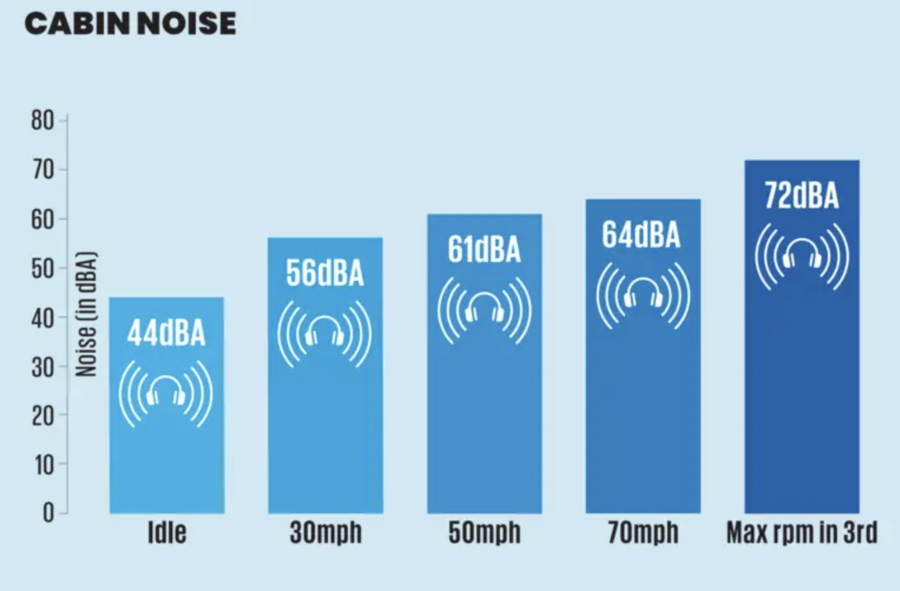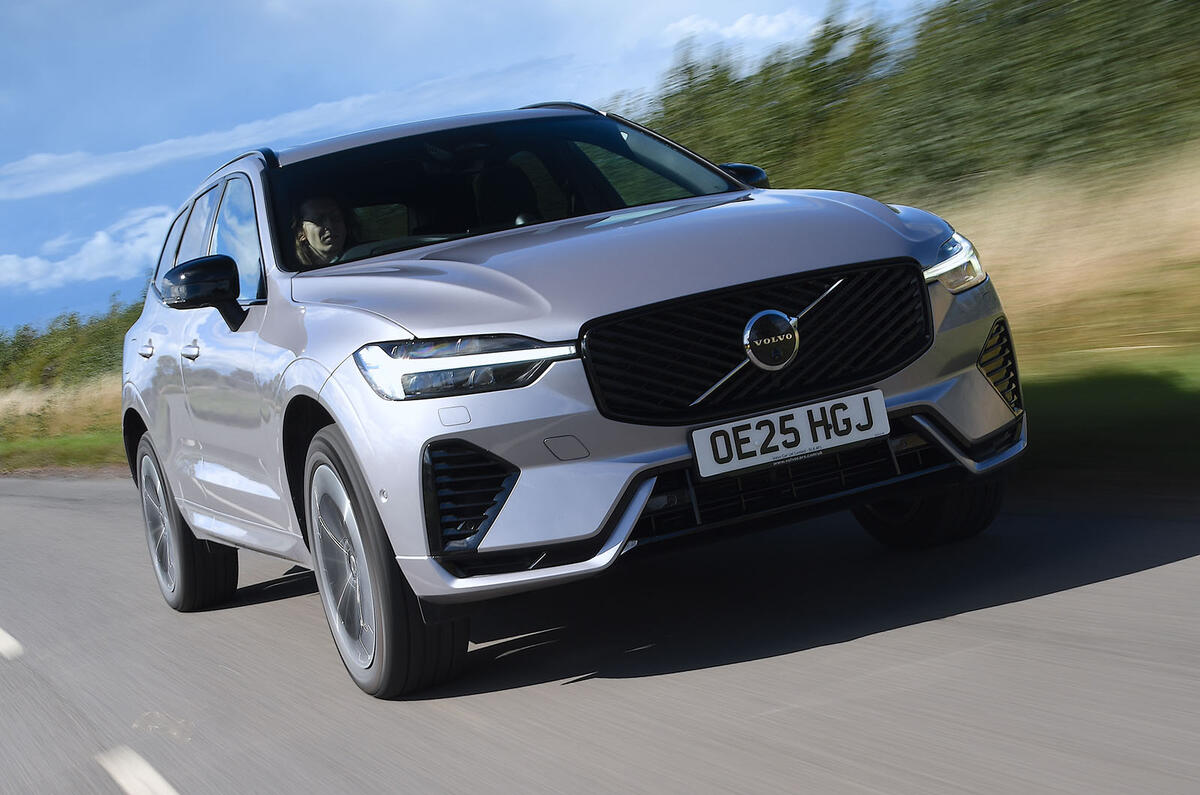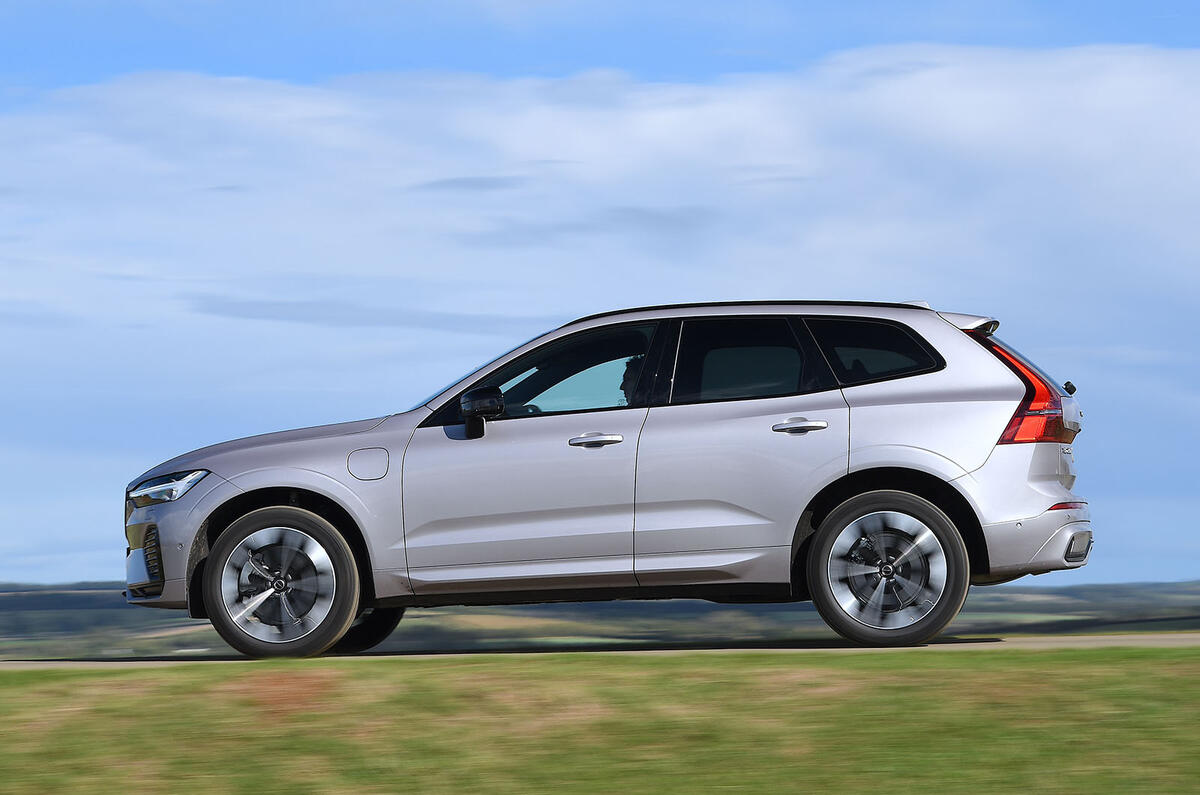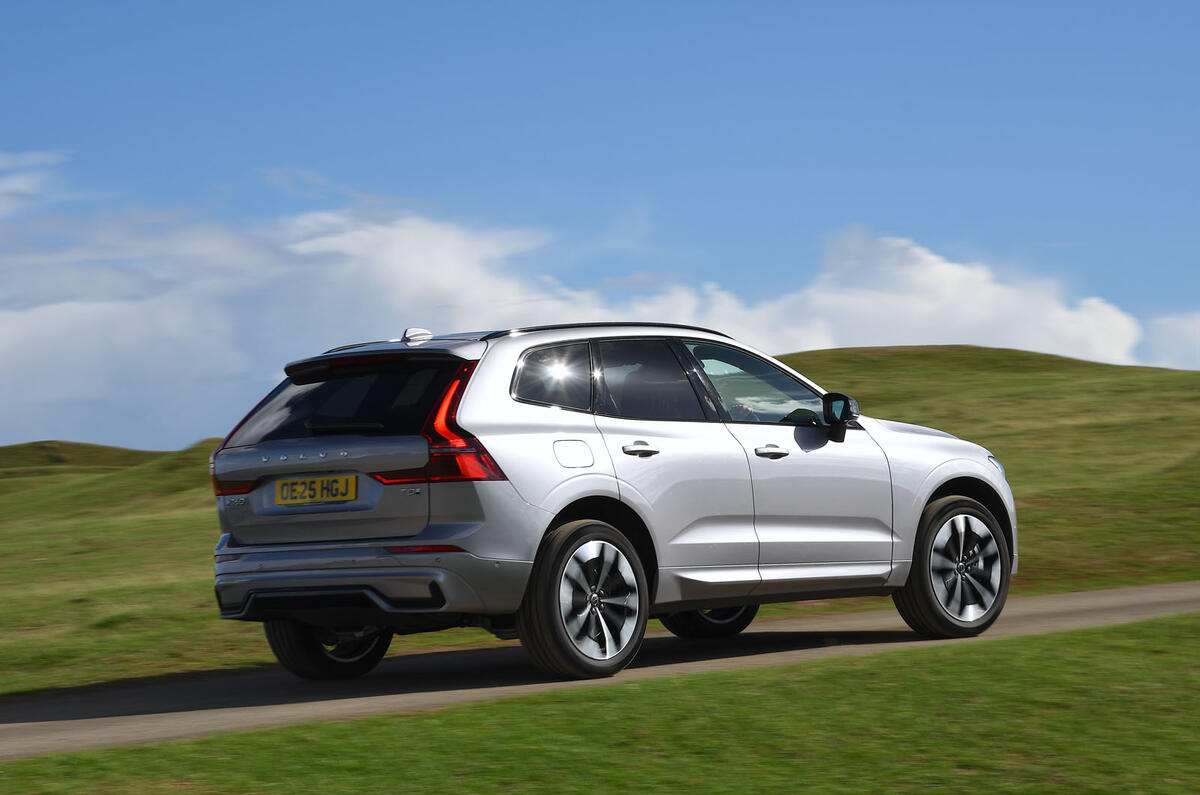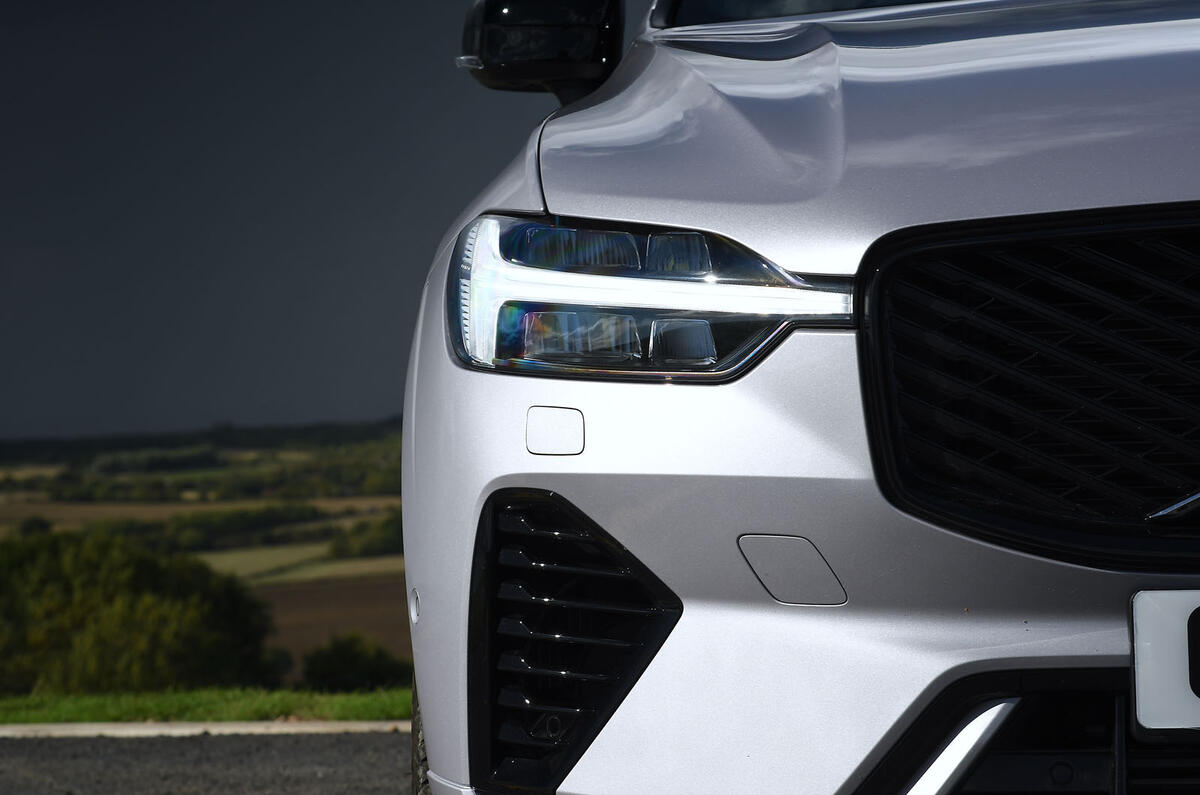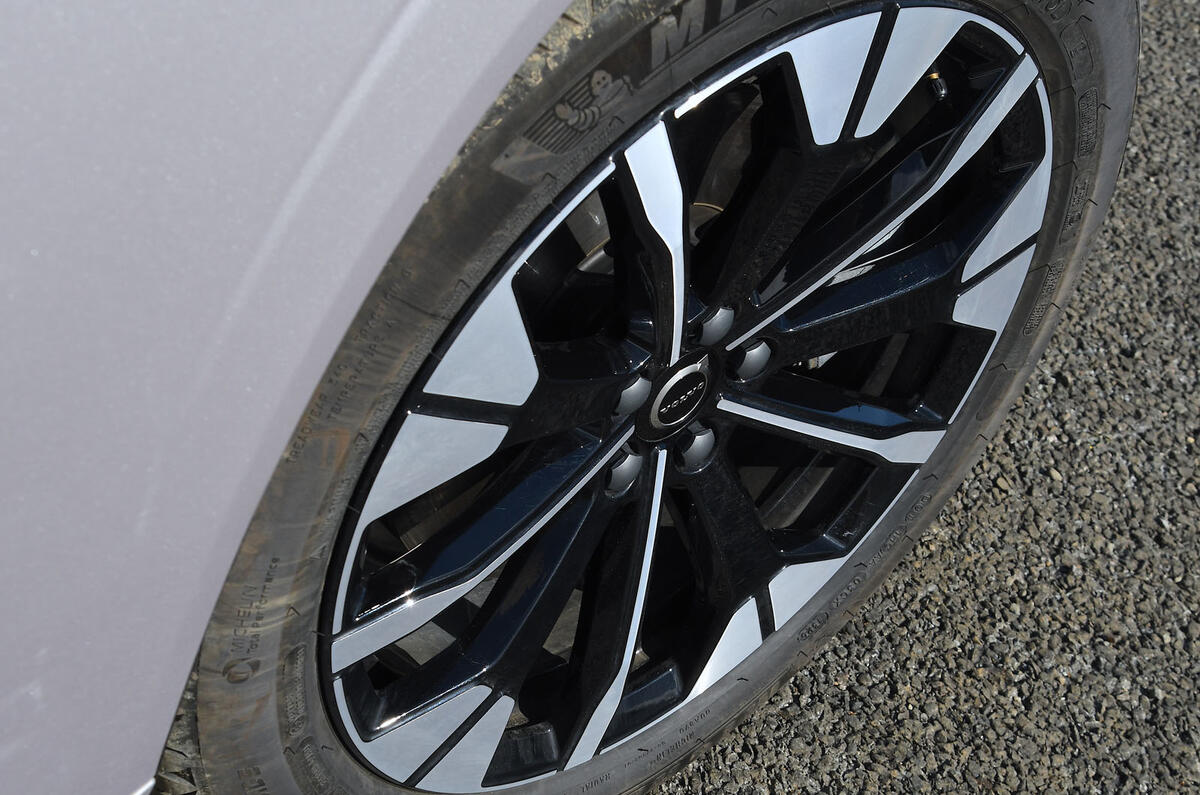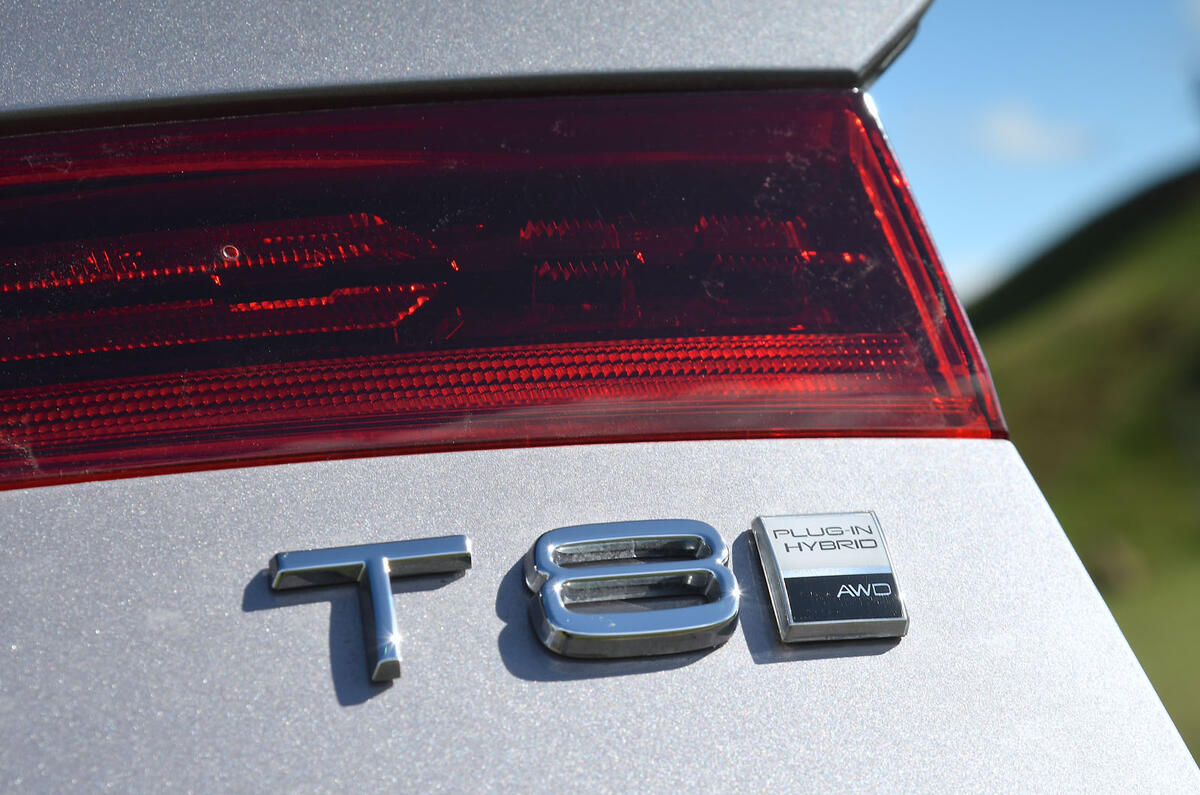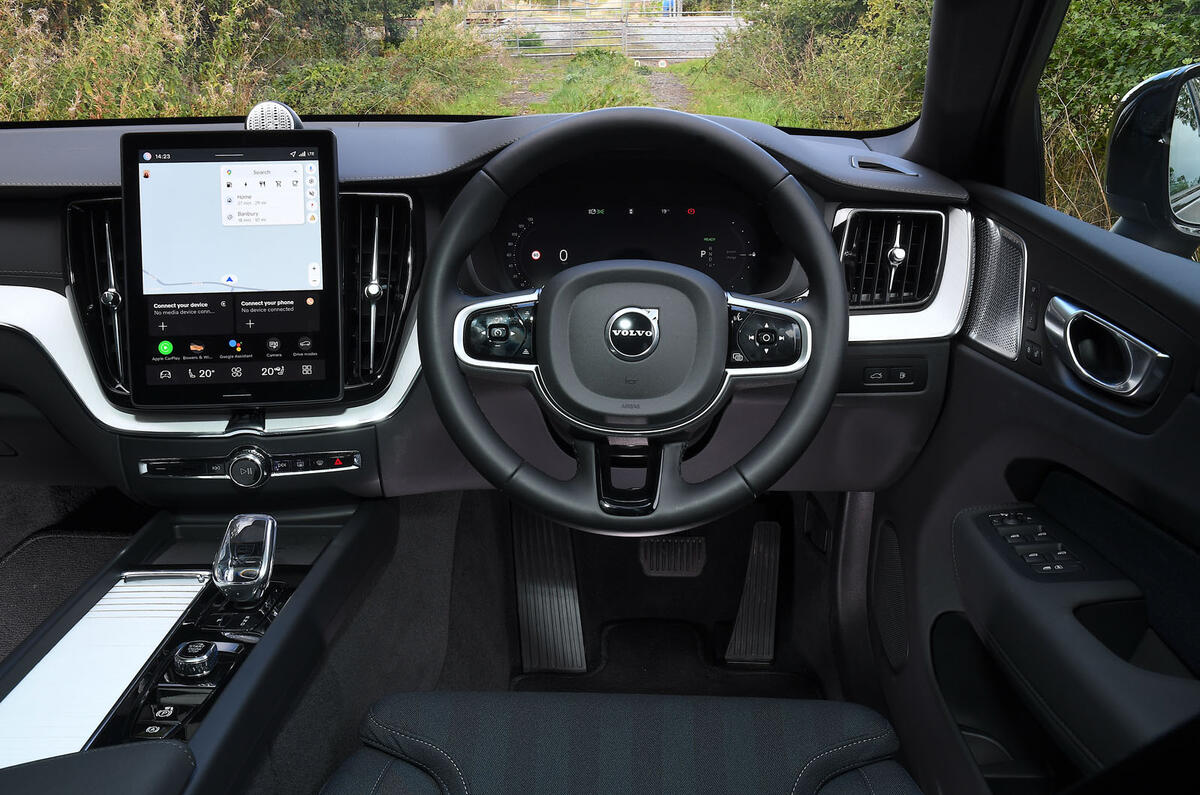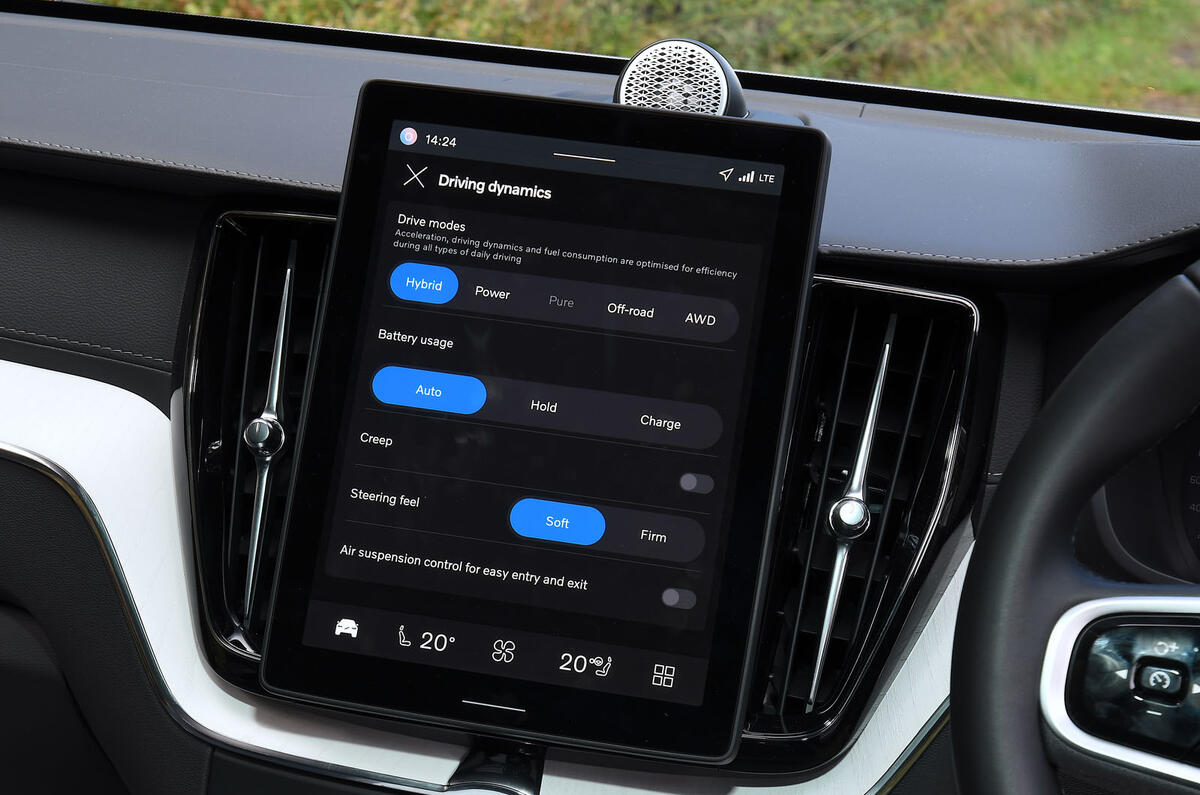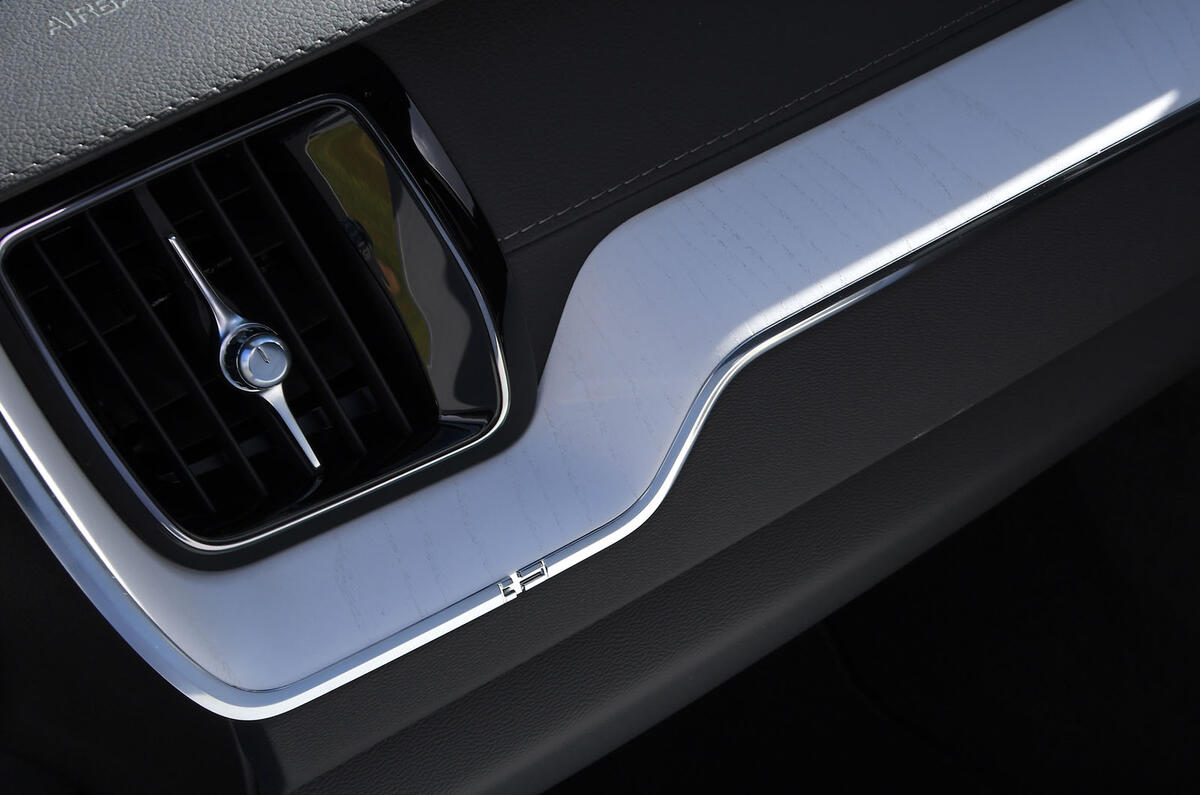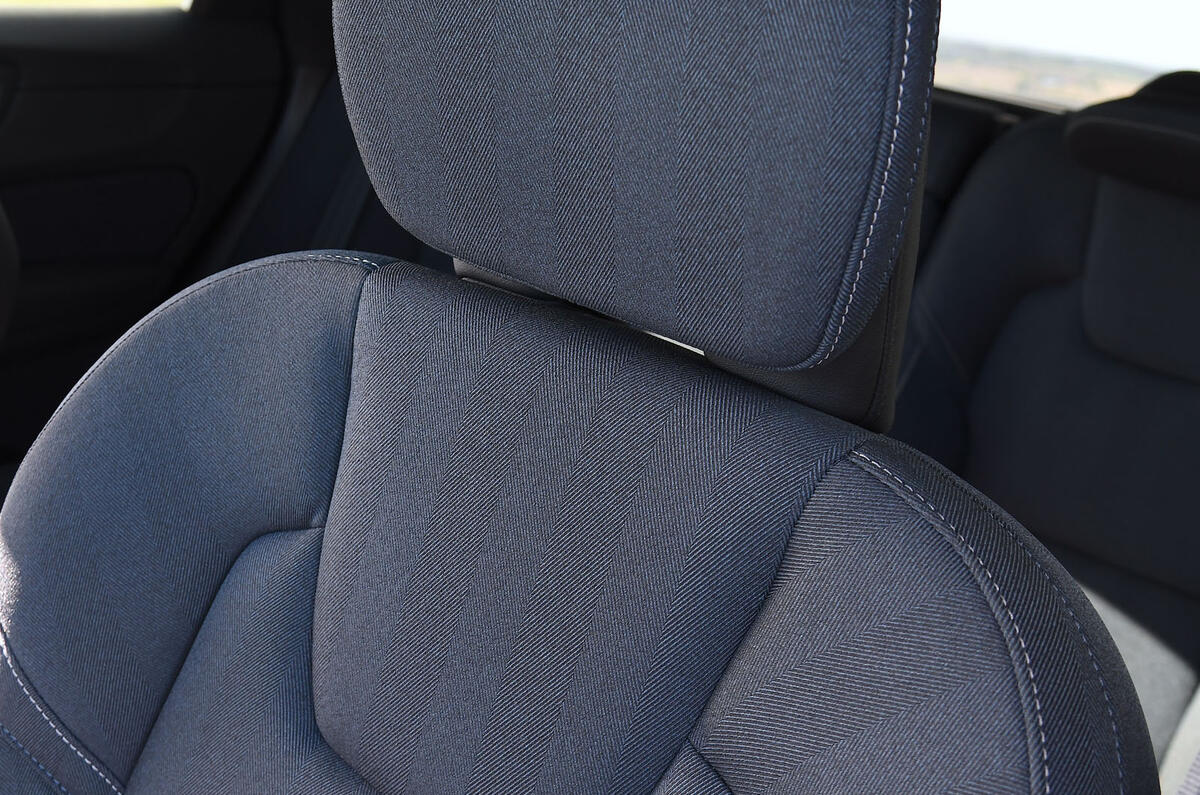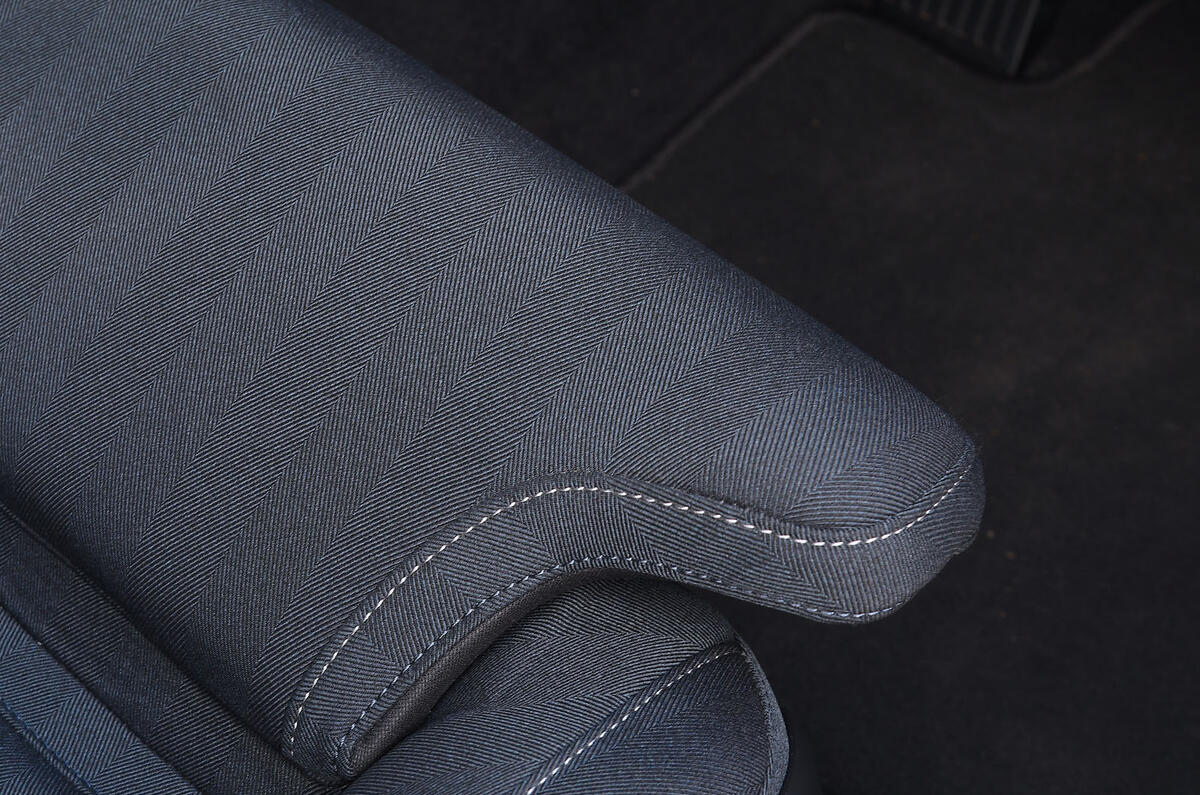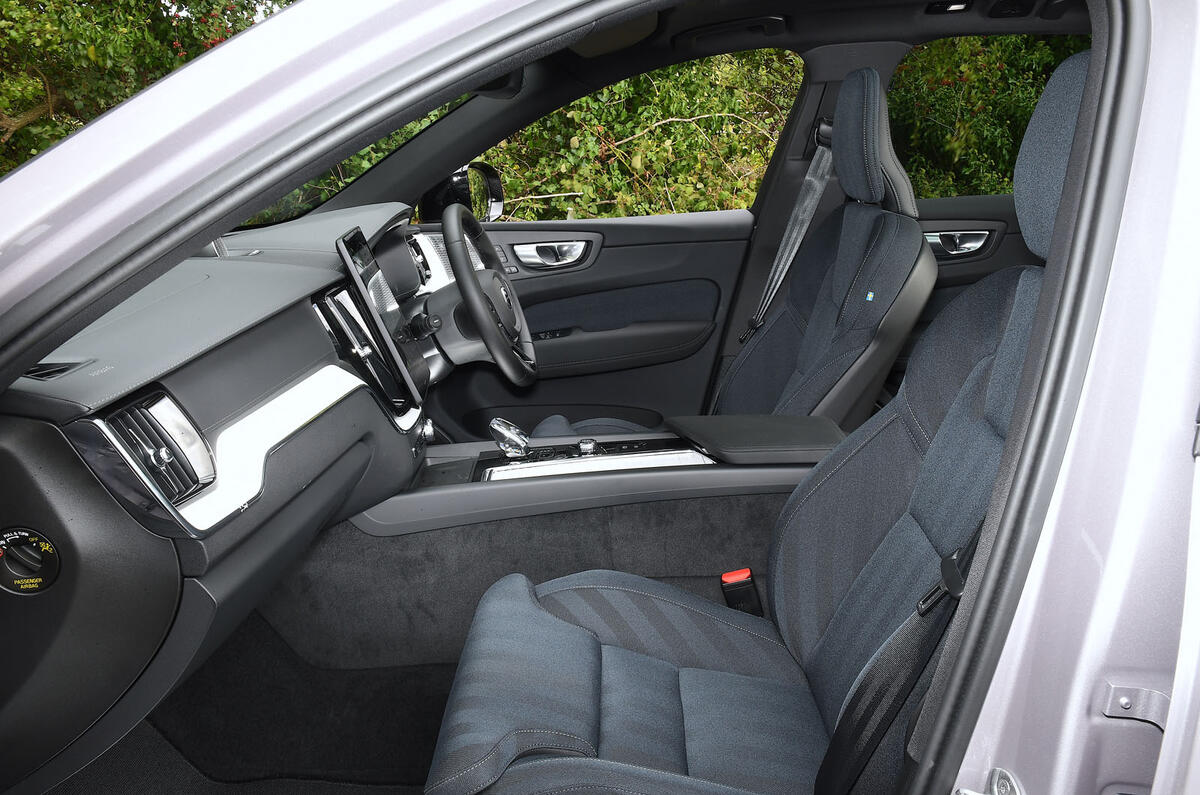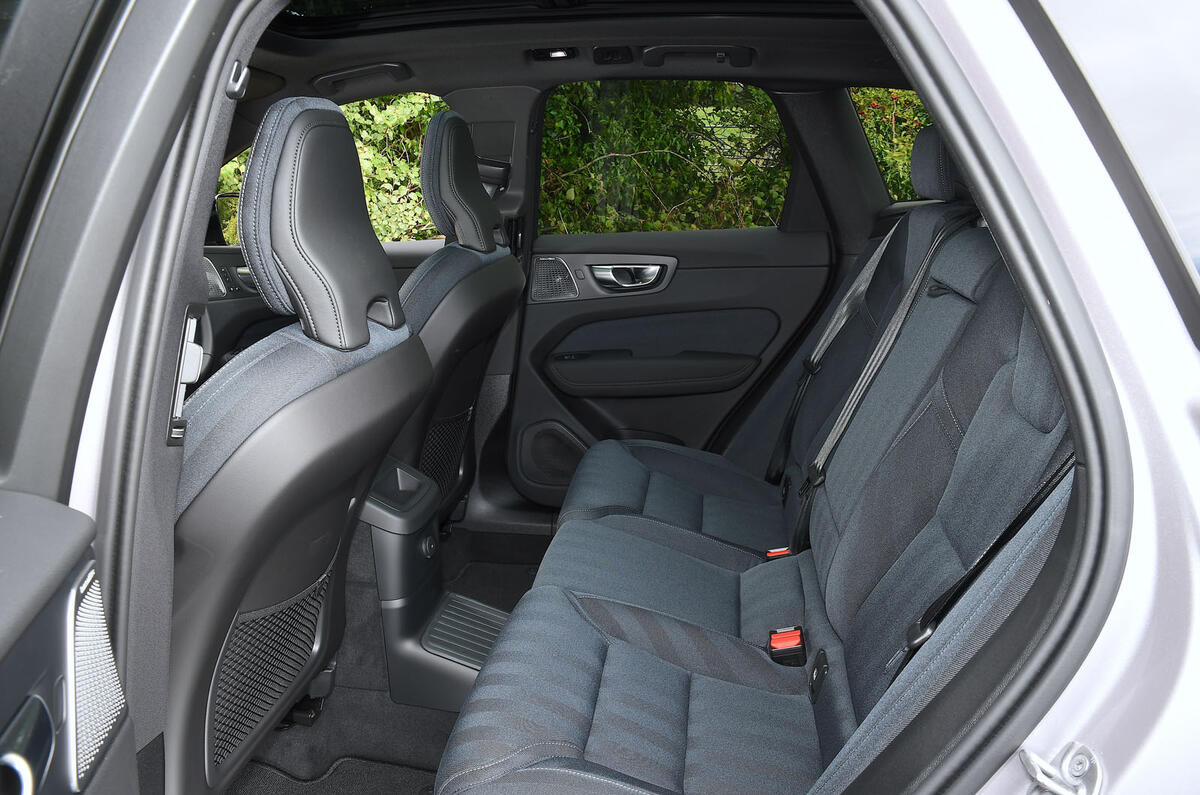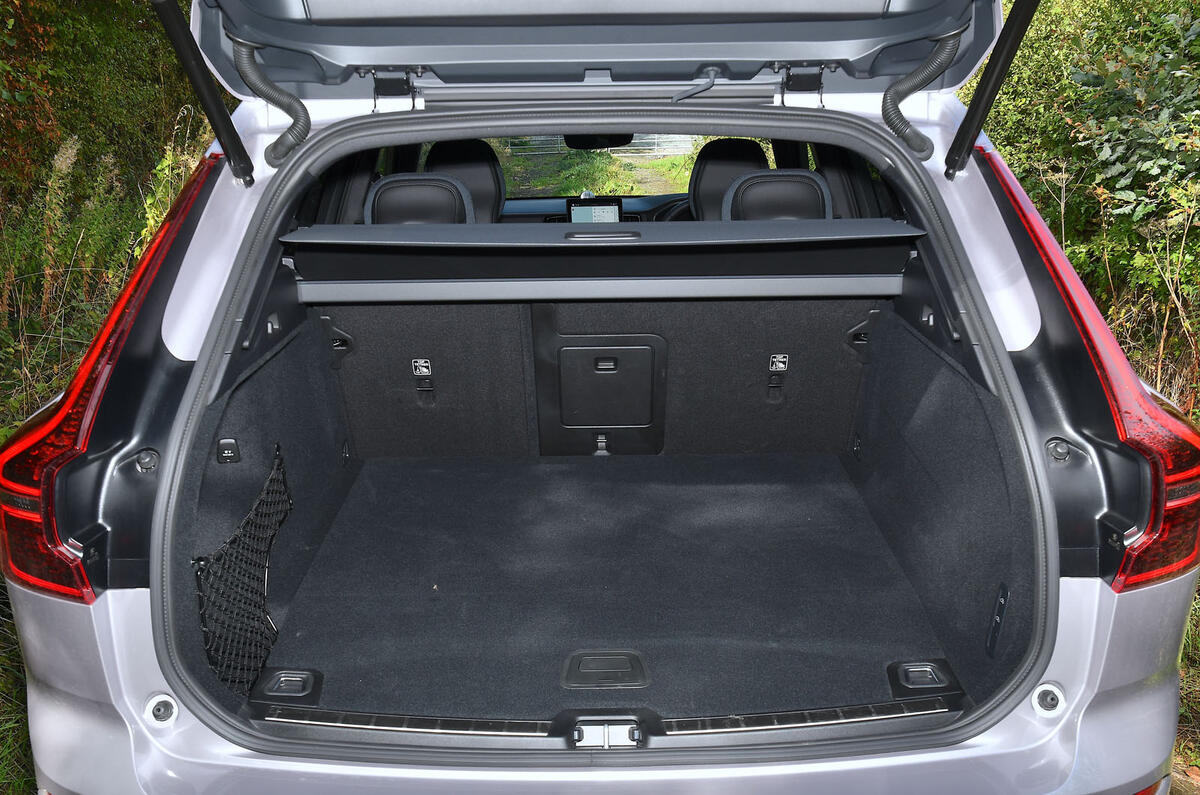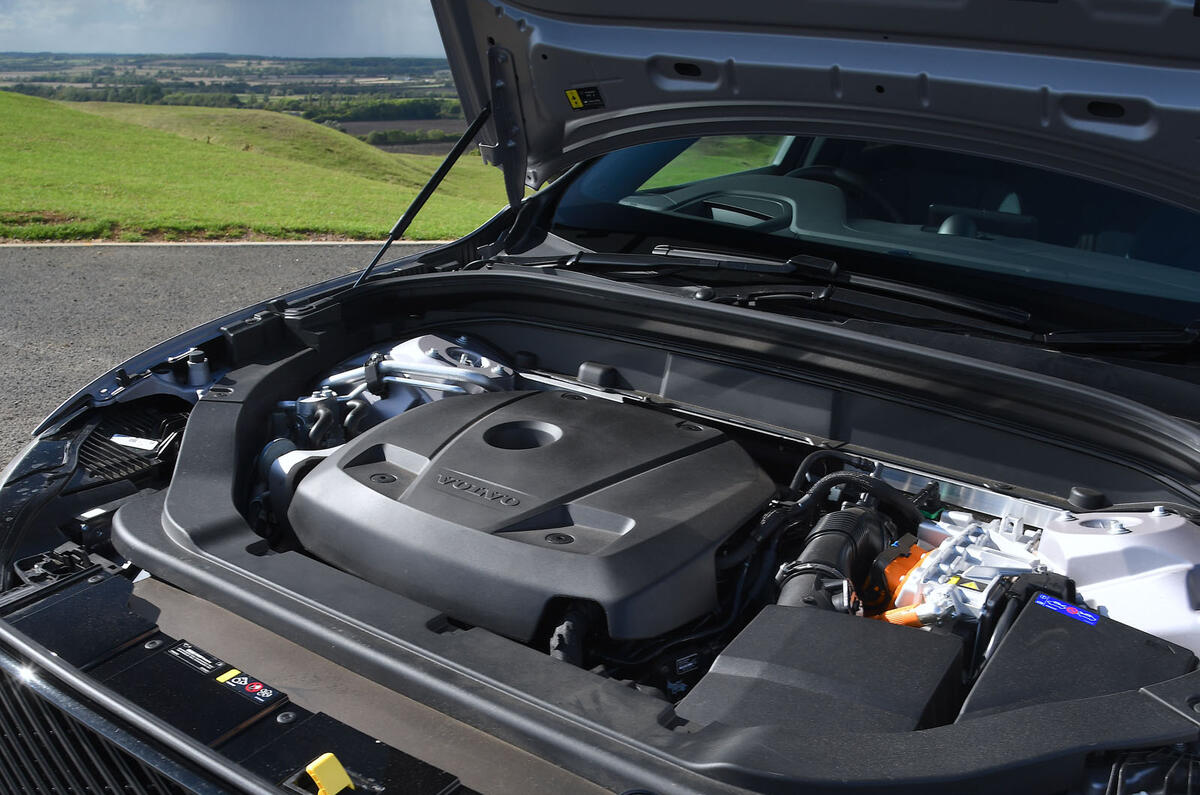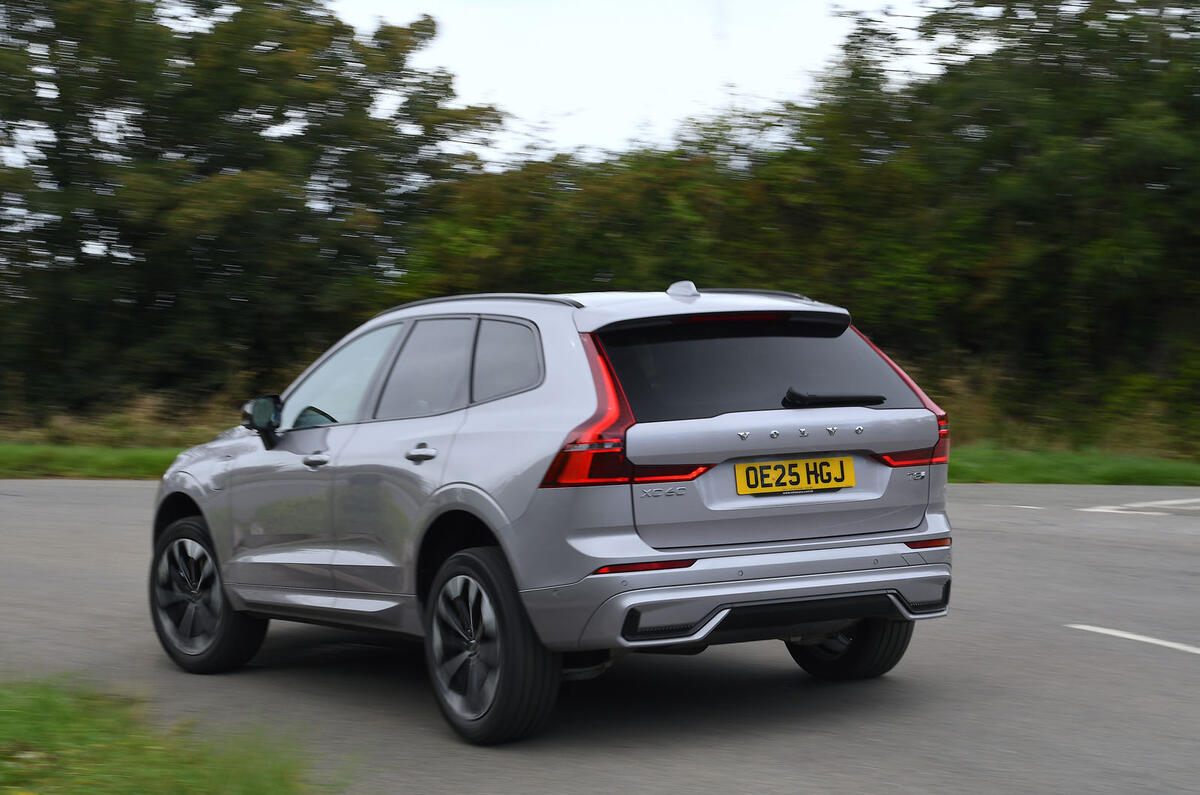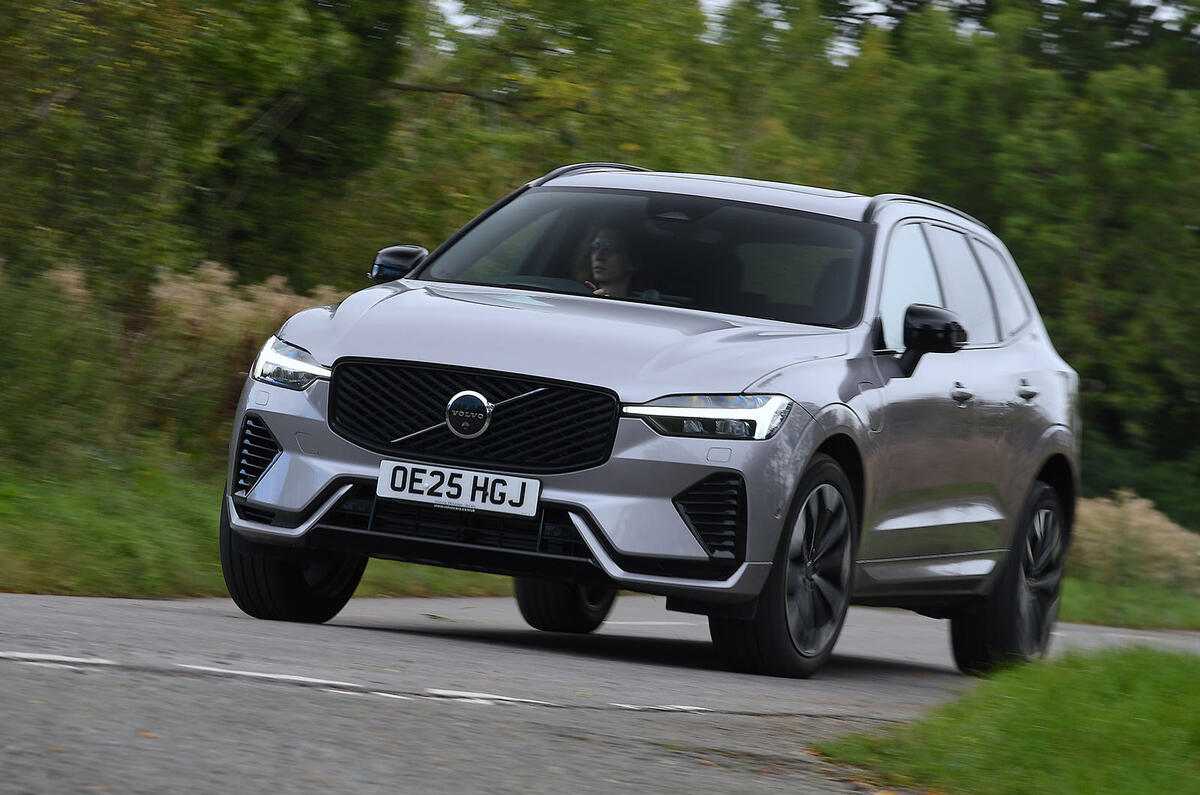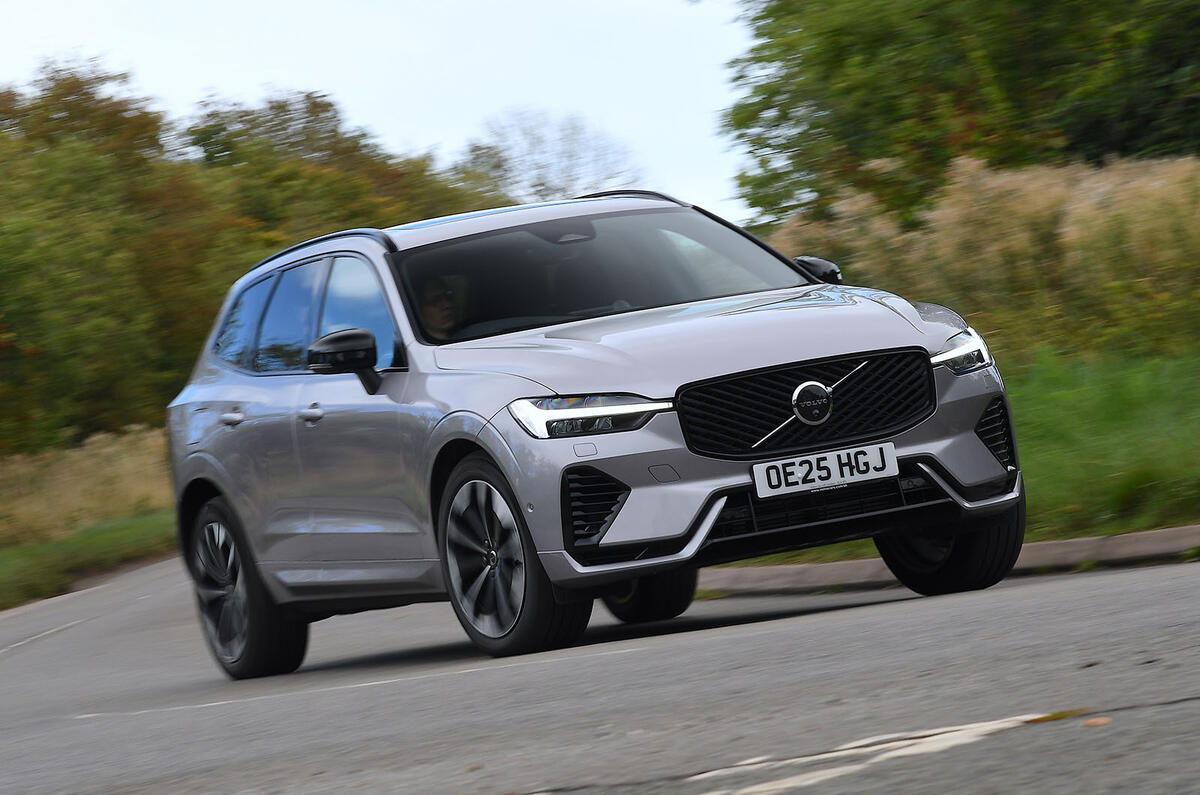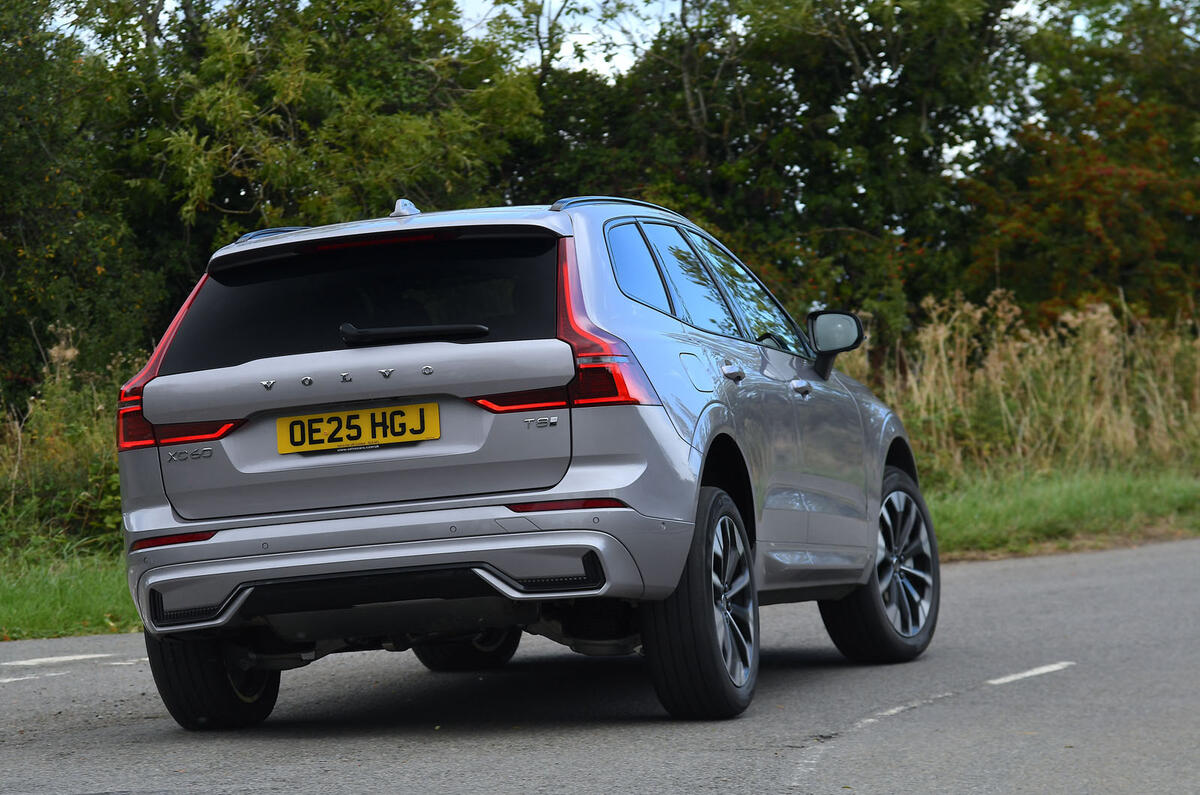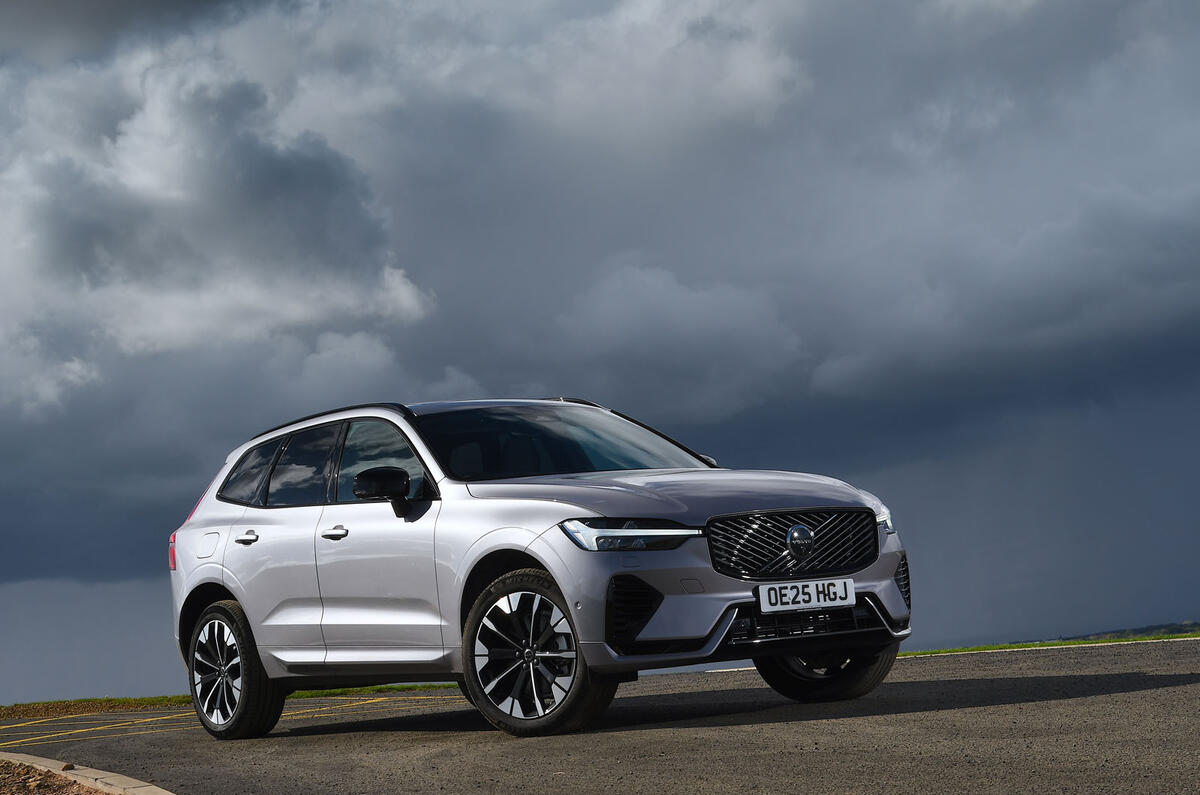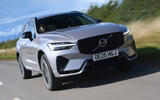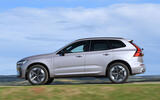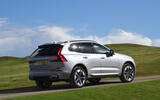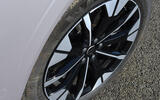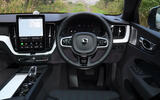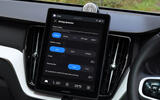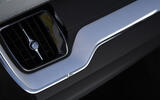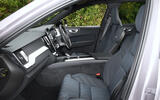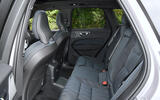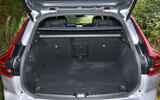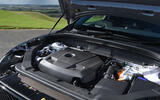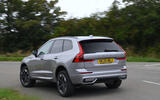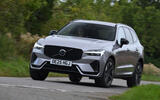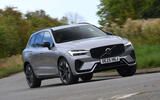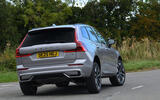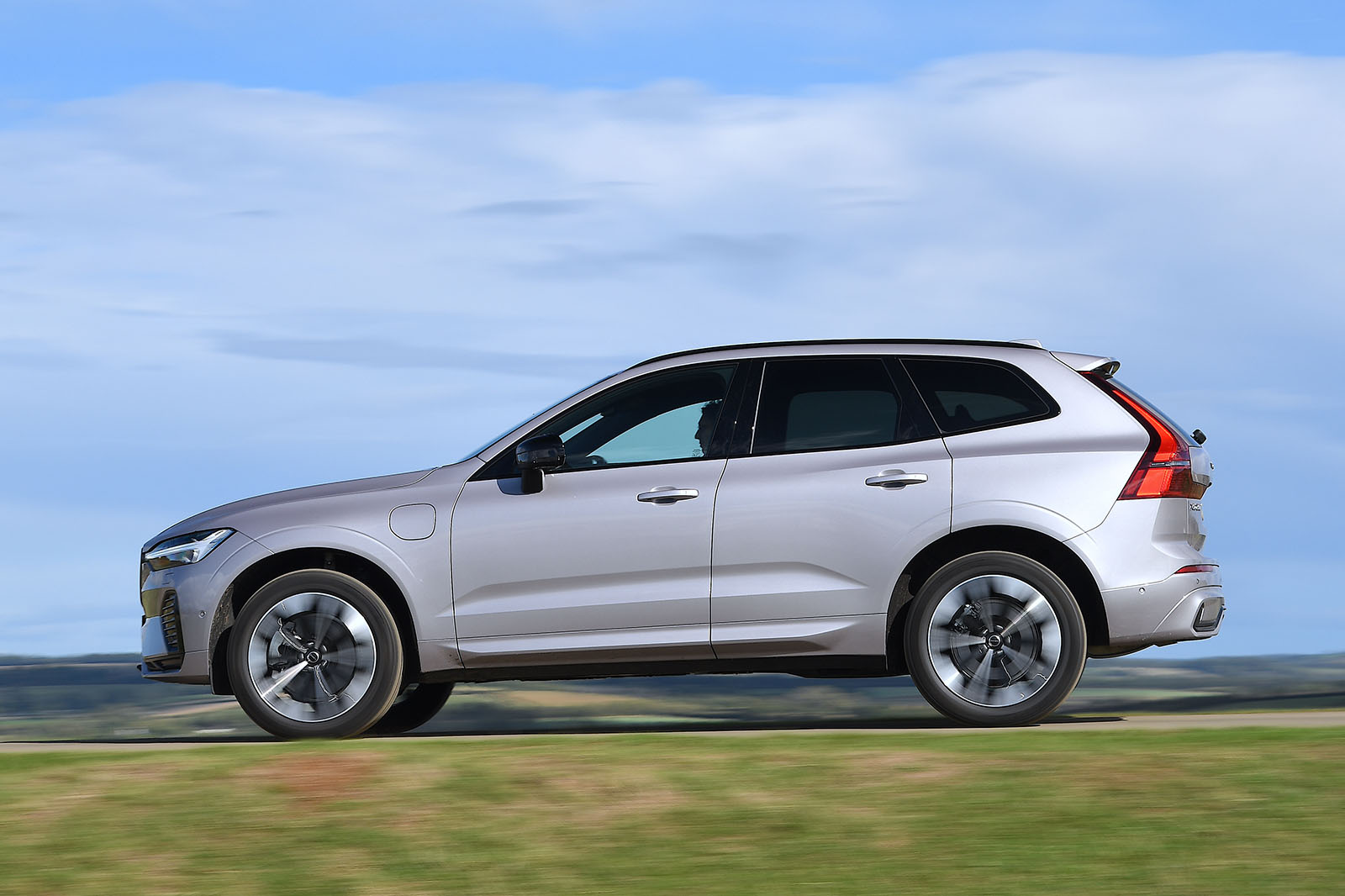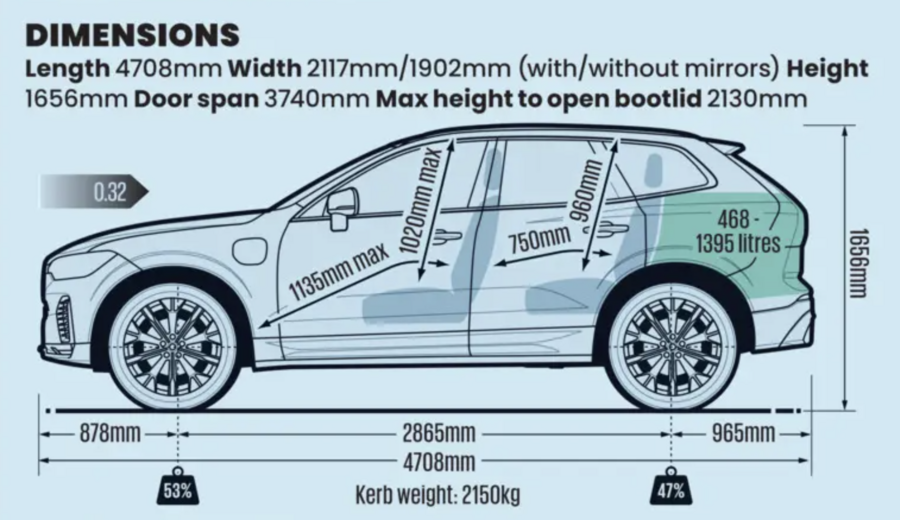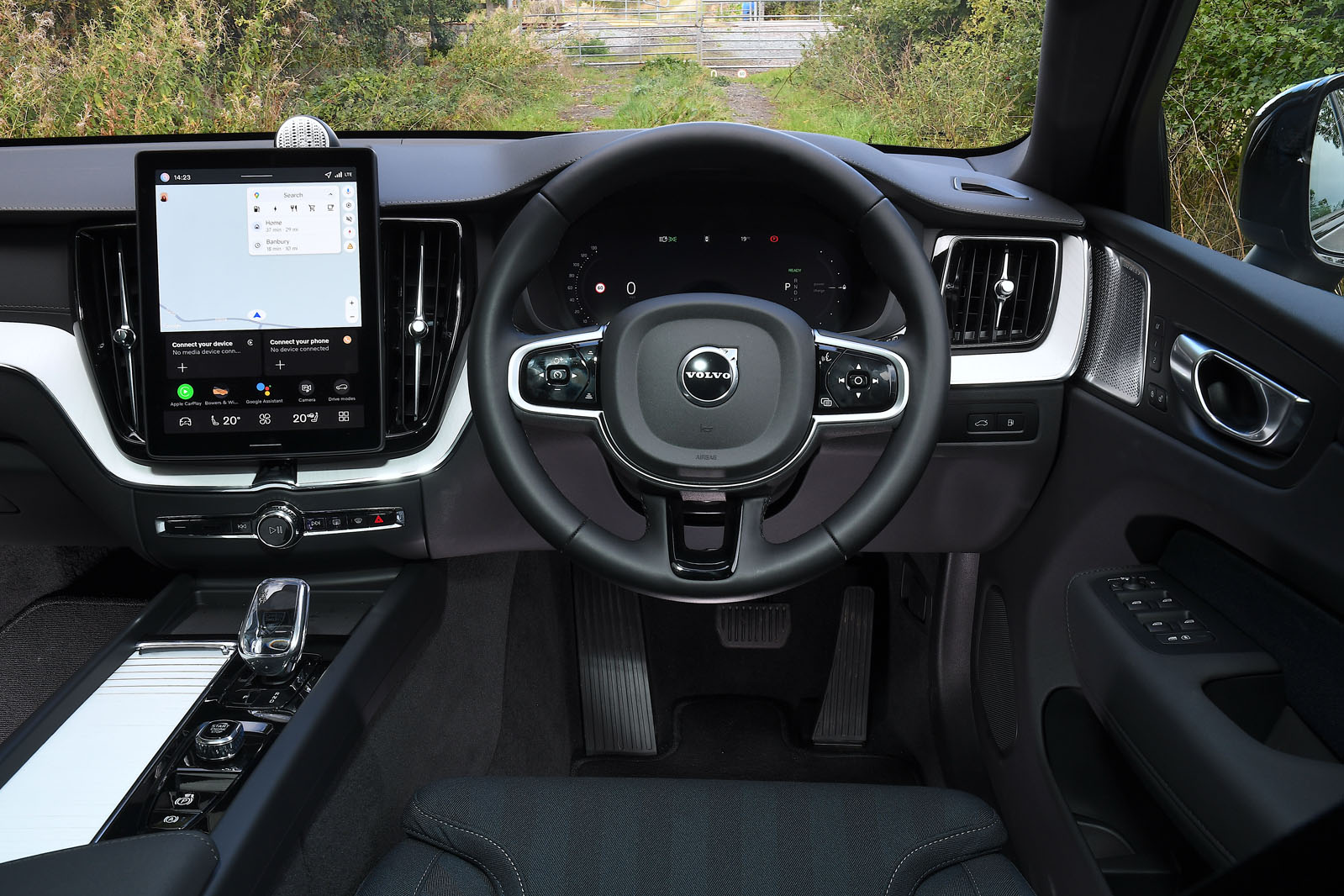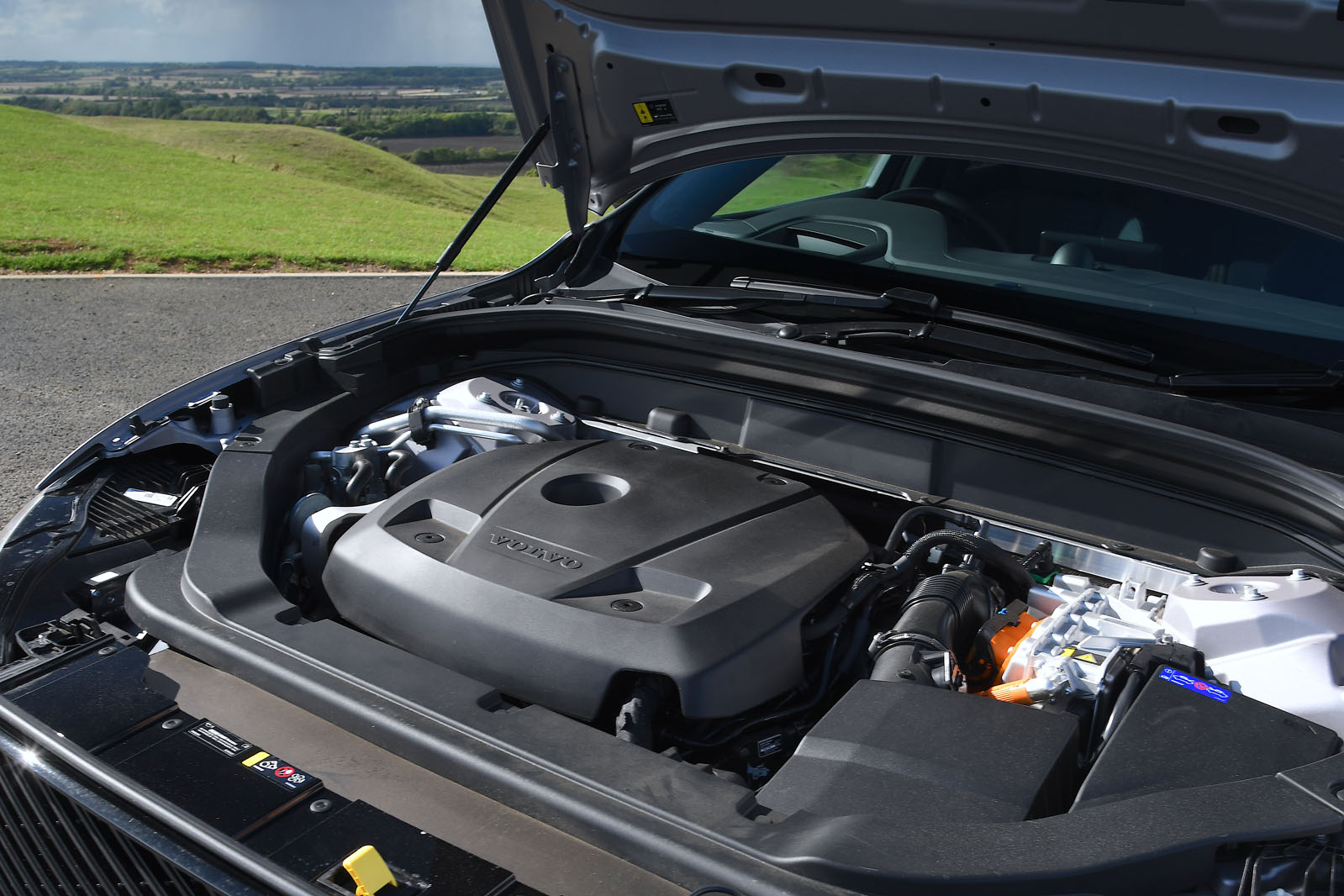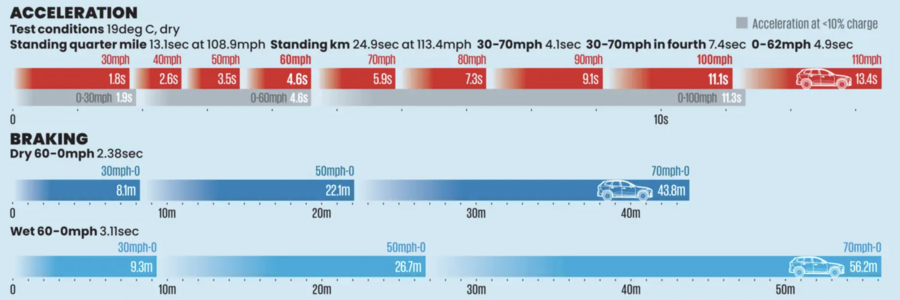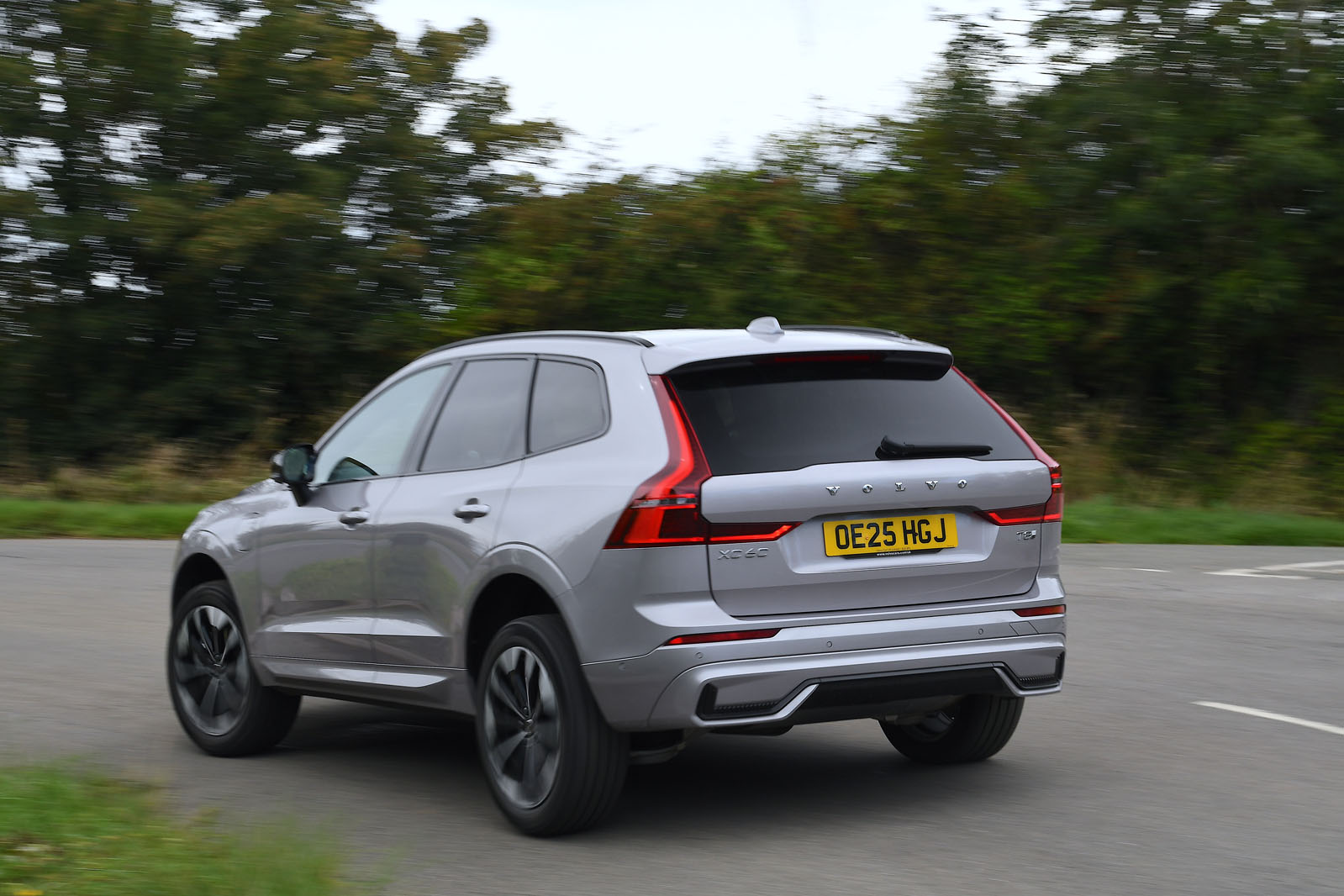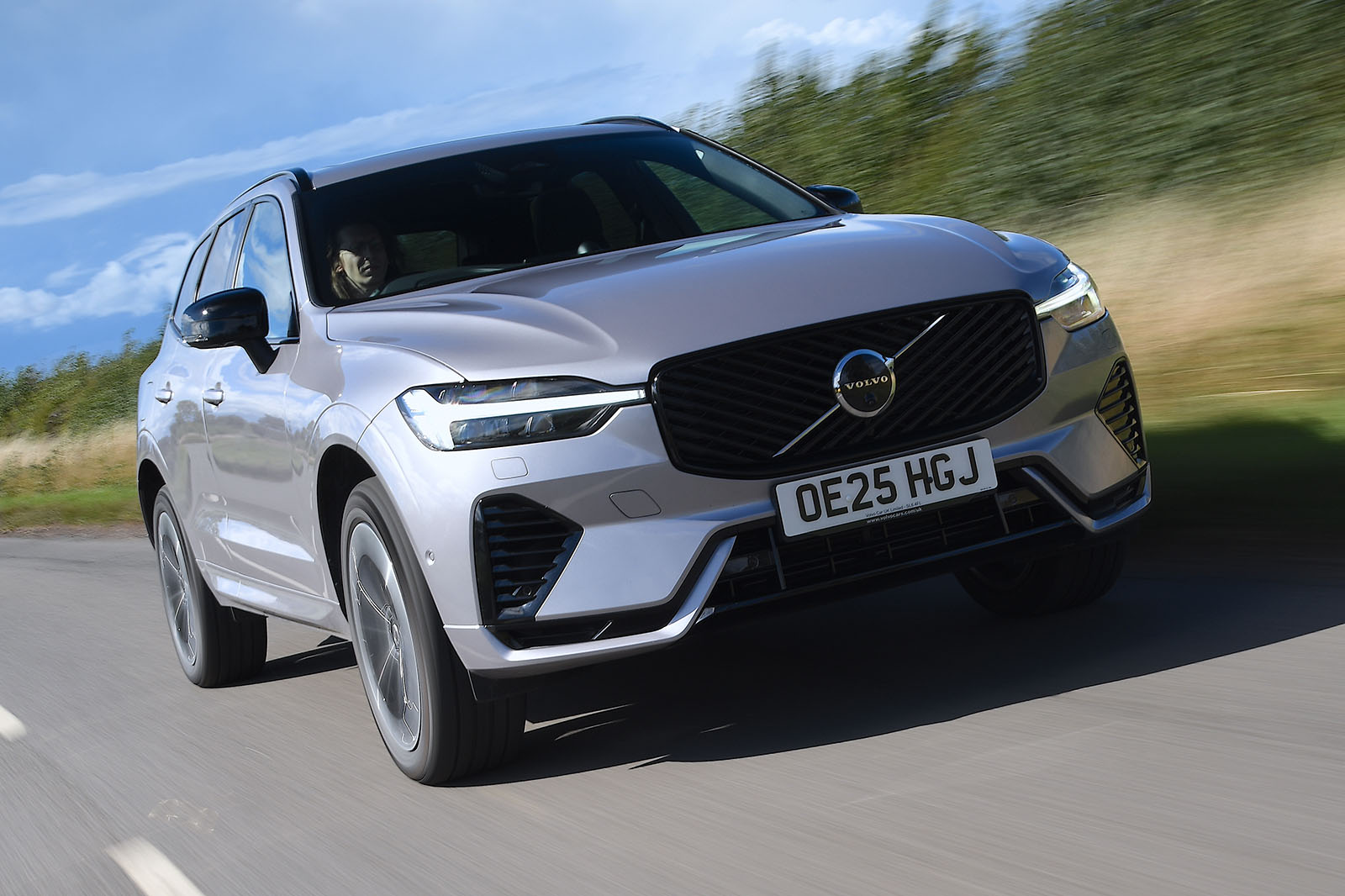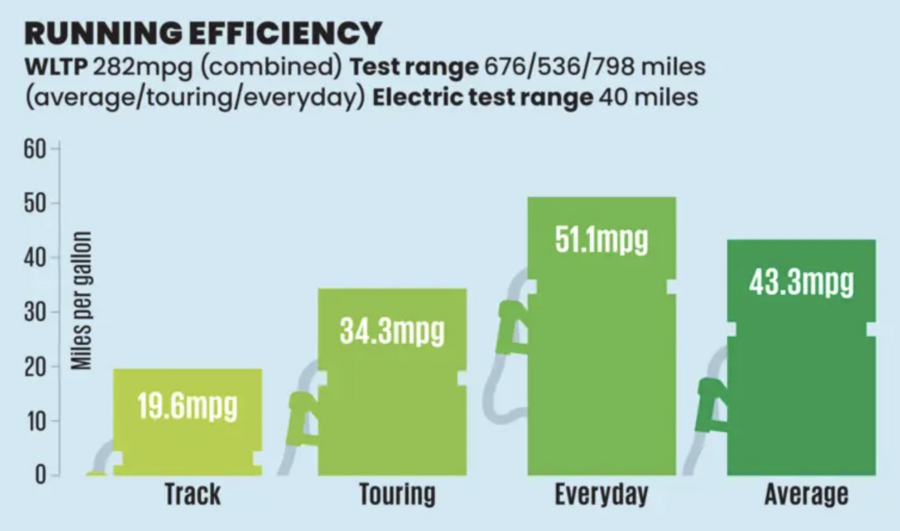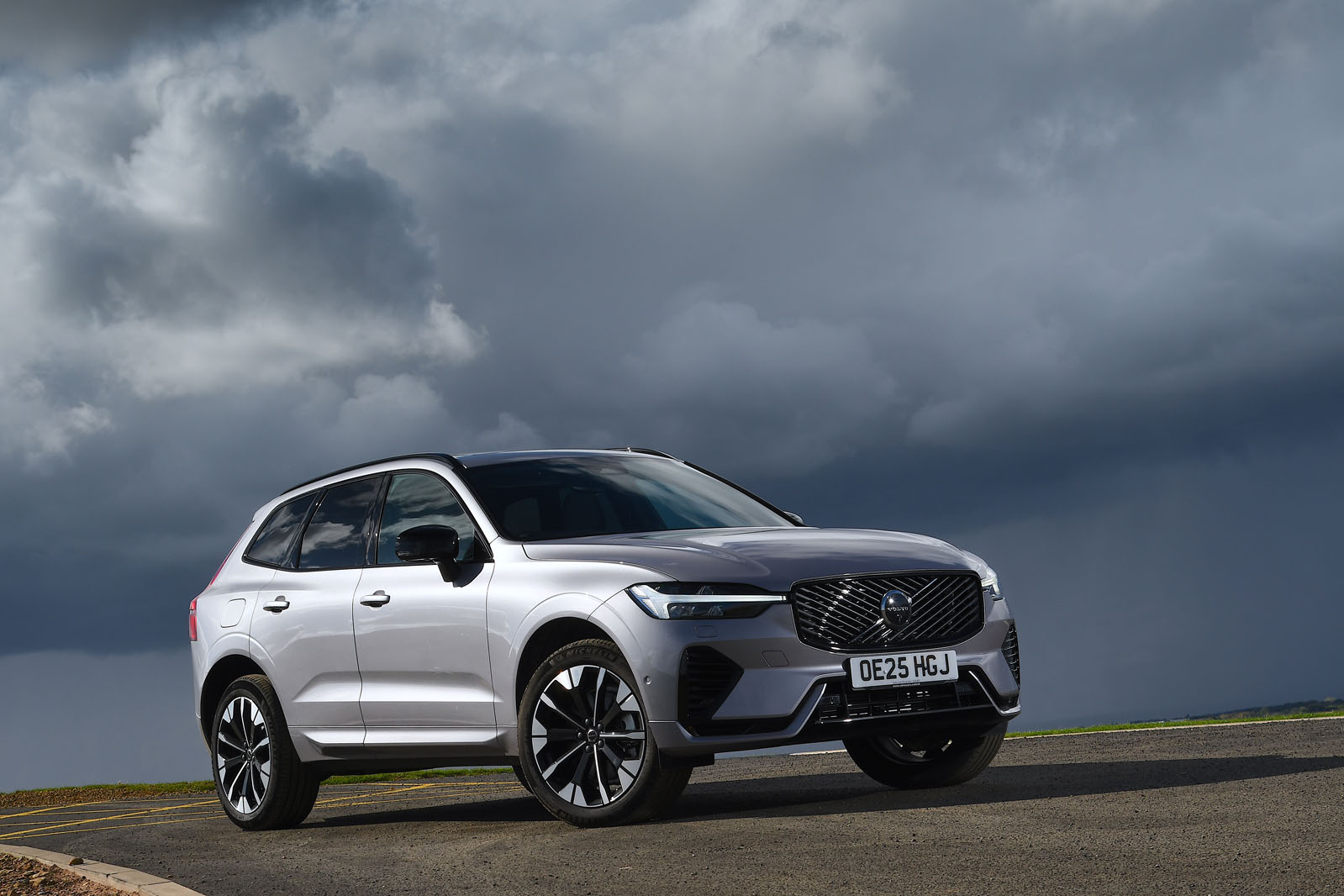The biggest change for 2025 is inside, where the XC60 receives a new generation of infotainment system, including a larger central touchscreen. Where the old one was neatly integrated into the dashboard, the new one sits slightly proud, though it’s still nowhere near as overbearing as some.
As before, it’s based on Android Automotive, but this latest version is similar to the one found in the EX90. In this XC60, we didn’t experience any of the glitchiness and input lag that we did with older XC60s or the EX90, so it appears that Volvo’s software is improving.
It needed to, given almost everything is controlled through it – albeit not as much as on an EX90. The XC60 mercifully retains more buttons on the steering wheel, and for the mirror adjustment.
The interface generally feels fairly cohesive, and having Google Maps as the native navigation is very useful. Even so, climate is controlled through the screen, some of the menus are still needlessly confusing, the ‘contextual shortcut’ bar that guesses which functions you’re likely to need gets it wrong more often than not, and while there is both Android Auto and Apple CarPlay, both require a cable.
Otherwise, the interior is mostly as it was, which means it is classy and comfortable. We noted in our original 2017 road test that the XC60’s interior quality felt like it was from the class above because it was largely lifted straight from the XC90, and that applies more than ever today, as rivals have had their tactile materials replaced with touchscreens and gloss black plastic. Instead, the XC60 sticks with bright wood and real metal and glass.
Apart from a slight lack of oddment storage, the XC60’s cabin still compares very favourably with rivals for outright accommodation. The front seats are outstandingly comfortable and very widely adjustable, while rear passengers enjoy more leg room than in the Mercedes GLC or Audi Q5, with a comfortable seating position that is uncompromised by a high floor (since the battery isn’t below it). The boot is equal in size to that of the GLC 300e, and much bigger than a Q5 E-hybrid’s, with some underfloor cable storage. The rear motor does mean that plug-in hybrids can’t be optioned with a spacesaver spare wheel, like the mild hybrid can.
